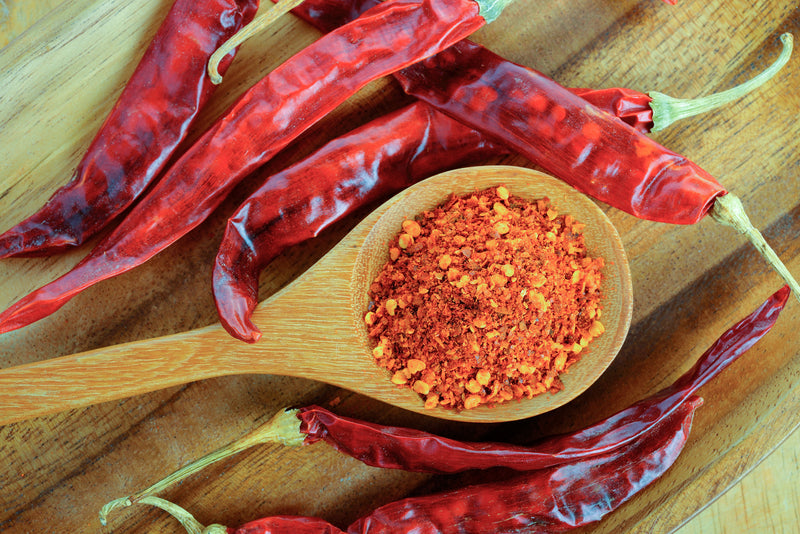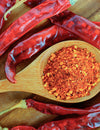
Spicy foods, often celebrated for their bold flavors and cultural significance, are a staple in many diets. However, they can also pose health challenges, particularly when consumed in large amounts.
Ulcers
Contrary to popular belief, spicy foods do not cause ulcers. They can exacerbate the condition. Ulcers are primarily caused by a bacterium known as Helicobacter pylori, along with the overuse of certain medications like NSAIDs. When an individual already has an ulcer, spicy foods can irritate the stomach lining, leading to increased discomfort. Capsaicin, the compound that gives chili peppers their heat, can trigger an increase in stomach acid production. This heightened acidity can aggravate the symptoms of ulcers, causing pain and discomfort. While moderate consumption of spicy foods is generally safe, those with existing ulcers or a history of them should exercise caution. It is best to consult with a doctor or dietician for an individualized diet plan that takes into account any existing conditions.
Digestive Issues
The impact of spicy foods on the digestive system is notable. Eating too many spicy foods can lead to heartburn. This occurs when stomach acid flows back into the esophagus, causing irritation. For individuals with sensitive digestive systems or conditions like gastroesophageal reflux disease (GERD), spicy foods can trigger or worsen these symptoms. For some people, the capsaicin in spicy foods can speed up digestion. This rapid transit can lead to diarrhea or a feeling of an upset stomach, which can be particularly uncomfortable and inconvenient. Young families, especially those with young children or individuals with sensitive stomachs, might need to moderate their intake of spicy foods to avoid these digestive disturbances. Spicy foods can also cause inflammation in the digestive tract, leading to conditions like gastritis or ulcers. This is because capsaicin can damage the protective lining of the stomach and intestines, leaving them vulnerable to irritation and infection. Spicy foods often contain high amounts of fat or oil, which can slow down digestion and lead to discomfort and bloating.
Sleep Disruption
The consumption of spicy foods, particularly close to bedtime, can lead to disrupted sleep patterns. The body's response to the heat and intensity of spices can increase body temperature, which conflicts with the natural drop in temperature that occurs during sleep. This can result in difficulties falling asleep or staying asleep. The aforementioned effects on the digestive system, like heartburn or indigestion, can also interrupt sleep. Lying down after consuming spicy foods can exacerbate these symptoms, making it challenging to achieve restful sleep. For those already struggling with sleep issues, it is advisable to avoid or limit spicy foods in the evening. Some individuals may also experience sleep disruption due to food allergies or intolerances. These can manifest in various ways, including gastrointestinal discomfort and inflammation, both of which can disrupt sleep. If you suspect that certain foods may be causing you to have trouble sleeping, it is recommended to consult with a healthcare professional and consider an elimination diet to identify potential triggers.
While spicy foods can be a delightful addition to meals, moderation is key. By balancing the enjoyment of spicy foods with awareness of their effects, families can maintain a diet that is both flavorful and health-conscious.
Did You Enjoy Reading This Article? Here’s More to Read: Why a Stew is the Perfect Food for Winter Illness







